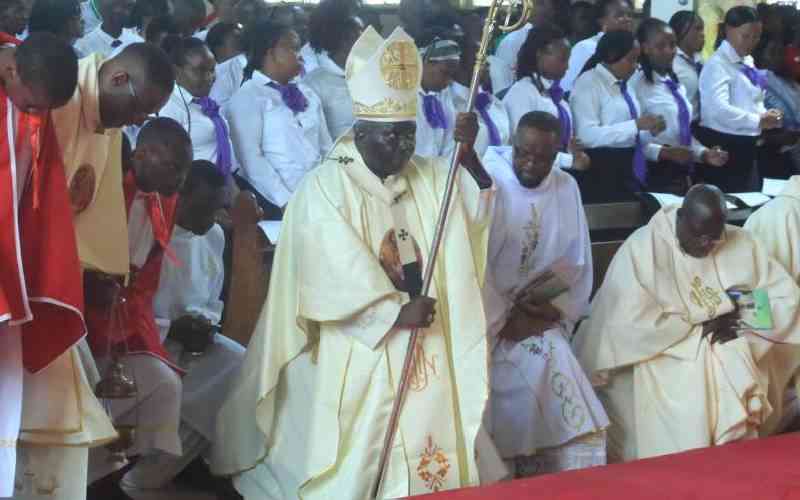
The Church has always been a critical social institution, an authoritative voice, a source of moral guidance and truth for its followers. Yet recent moves by some congregations to decline government donations, while at the same time inviting politicians to speak in their midst, raise doubts about consistency and ethics.
The Church, which has accused the government of working against the citizens and the spirit of morality, has embraced public resistance by rejecting politicians' assistance. This sounds like a dramatic assertion of autonomy and responsibility. Yet, when you dig deep, you find contradictions that jeopardise the credibility and purpose of the Church.